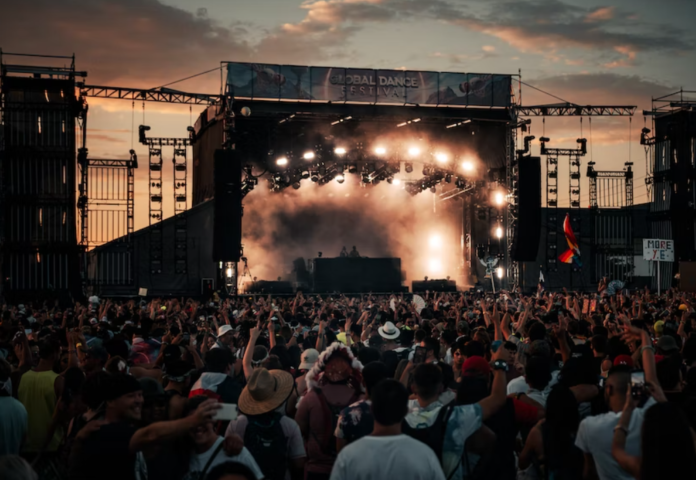Holding a concert can seem like a daunting task. There are so many unknowns involved in the planning process, and with so many unforeseeable variables, it can be difficult to prepare for the event ahead of time. Consider these resources if you want to get your little or big band off to a good start.
1. Venue
The first thing you need is a place for the group to play. This can be at a restaurant, a public park, or in your local band room. This is where you can get advice from people who have done or are currently doing what you are trying to do. You can also see how much space the place has and what kind of setup would be needed. The most important thing is that it should be somewhere the group can practice beforehand and where you can get permission to use it.
2. Equipment
It’s unrealistic to think that any group will have only some of the necessary instruments to perform their pieces. Try to recruit or borrow instruments for your event. This will not only cut down on the cost of your show, but it will be better for the students to perform on instruments they are more familiar with. For instance, using a portable stage and speakers will make your performance less intimidating to the audience and make you sound more professional. Consider renting a PA system for your event. This provides a way to amplify the instruments and reverb the sound of the playing. Ensure you get permission from the venue owner or manager first, and they are okay with renting their space out for events like yours.
3. Music
This is one of the most crucial aspects of having a successful concert. You need music that’s fun and entertaining but at the same time challenging enough that your group can get some good practice in before playing it publicly. Be sure to find something appropriate for your skill level that has a good beat or tempo so you can count easily while playing. Also, it’s a good idea to get multiple copies of the music so that students can use their own personal copies during practice. This will also help you track who participates in the group.
4. Necessary Permits & Insurance
Make sure you contact your local government agency to see if any permits or licenses are necessary for your event. This will ensure that things go smoothly and nothing gets overlooked. An insurance policy may also be necessary for your concert. This will protect your group against accidental injuries like slips and falls. It will also protect the equipment you are using for the performance.
5. Secure Food & Drink Vendors
Get a contract in place with food vendors who will bring refreshments for your audience. It’s not fun having to leave after the first song because no one came up with the idea of bringing food and drink. Make sure you have a designated person or persons who will take care of any problems that may arise on the day of your event, such as an overturned table or broken machine during practice.
Conclusion
There’s a lot to consider before you attempt to hold a concert. The above resources can help you in all the above aspects of planning. Be sure to get as much advice and suggestions as possible before planning because the more prepared you are, the more your concert will run smoothly.















